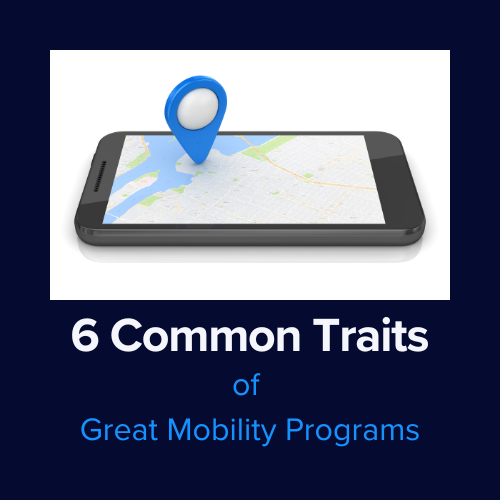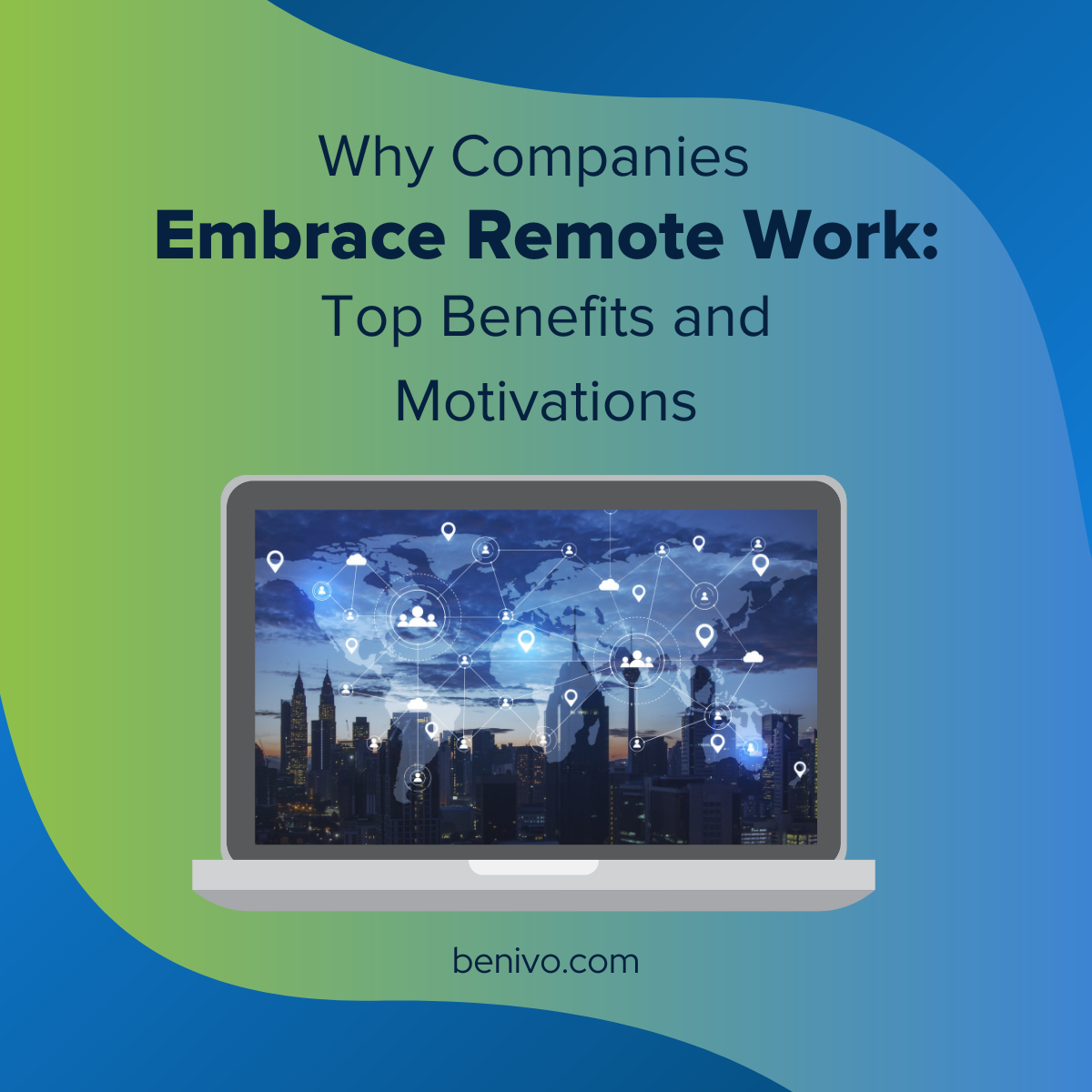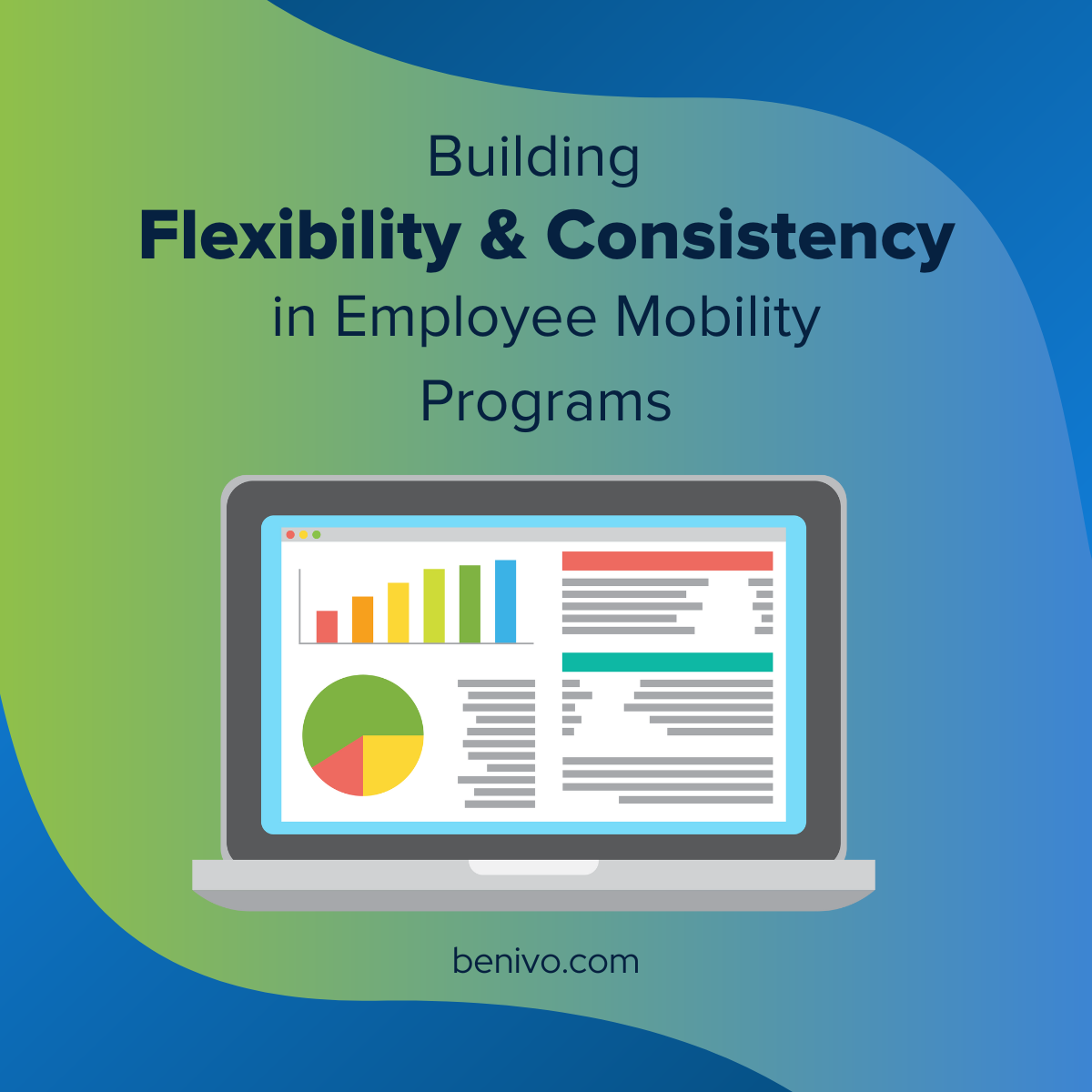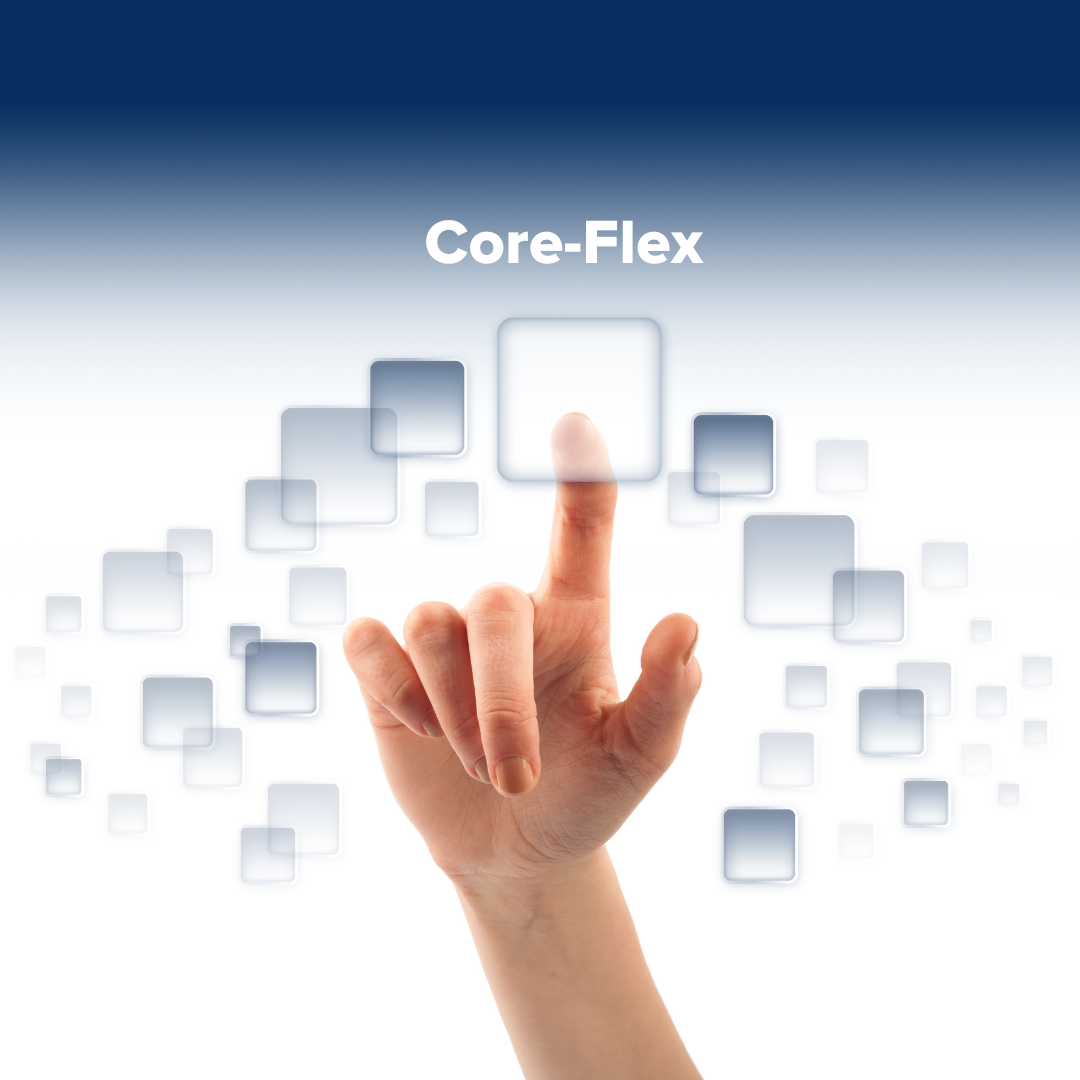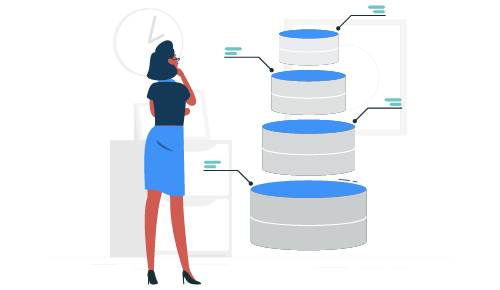Russ Haynie
Recent Posts
Navigating the complex landscape of global mobility can be daunting. In today's interconnected world, effective mobility programs play a crucial role in shaping an organization's talent management strategies and overall success. But what separates a great mobility program from the rest?
Read MoreRemote work is rapidly gaining traction among businesses worldwide, with companies citing numerous reasons for supporting these arrangements. Almost 80% of respondents to Deloitte’s 2022 Global Remote Work Survey reported allowing some level of remote and hybrid work.
Read MoreHighly successful employee mobility programs today thrive on a careful blend of flexibility, adaptability, consistency, and equitability. This balance can be achieved through strategic utilization of technology and clear expectation setting about policy limitations and maximum assignment durations. With an investment in process automation, mobility teams can achieve a seamless integration between the employee choices inherent to today’s flexible policy structures, cost estimates, reporting, and benefit communications such as relocation offer letters/ letters of assignment.
Read MoreOrganizations focused on optimizing cost performance are increasingly adopting core-flex approaches for employee mobility benefits. These policy types are fast becoming the norm and are particularly popular for permanent transfers of lower level profiles and inexperienced new hires. According to Benivo’s 2023 Core-Flex Policy Benchmark Survey, among the 64 respondents 53% indicated they have core-flex policies in place, and among those without core-flex today 90% report either having the policy types in development or on their radar for future use.
Read MoreIn today's rapidly evolving business landscape, companies are redefining their approach to employee mobility benefits. The traditional methods, which were primarily based on organizational hierarchy or employee level, are gradually giving way to a more purpose-driven matrix approach. This contemporary fit-for-purpose model considers the motivation behind the employee's move, whether it's for talent development or business reasons, and tailors the benefits accordingly.
Read More